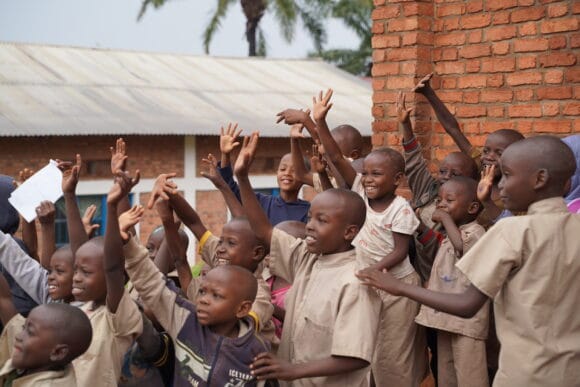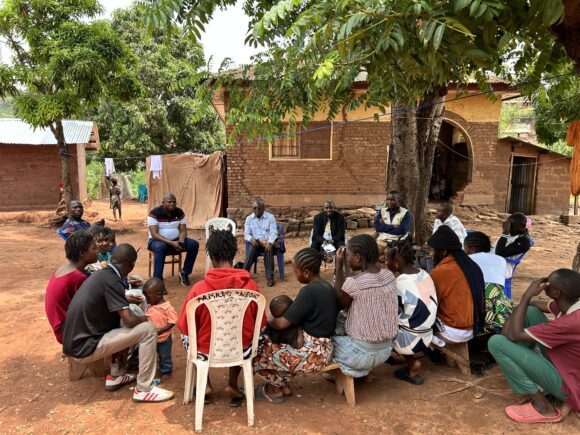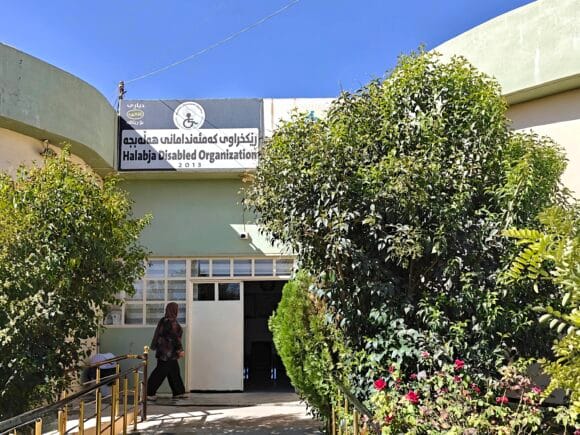Tanzania still has a long way to go to achieve equality and human rights for all. Fida and the Free Pentecostal Church of Tanzania (FPCT) have made significant progress in improving the rights of children with disabilities. The partnership has brought them from the corners of their homes to school.
Tanzania, on the east coast of Africa, is a country of enormous diversity. In northern Tanzania, Africa’s highest mountain, Mount Kilimanjaro and the annual migration of animals from Serengeti National Park to Kenya are a testament to the country’s diversity and beauty. The historic Arab influence on the coast, and particularly on the island of Zanzibar, shows an abundance of cultural diversity as well. There are more than 100 different ethnic groups in Tanzania. Tanzania’s population was 61.7 million in 2022.
Although Tanzania has made significant progress in recent decades, much remains to be done in many areas including health care, education and adequate livelihoods that are still not accessible to all.
Decades of experience
Fida has been operating in Tanzania for more than four decades. Current development work aims to improve people’s quality of life. Fida supports community development and strengthens human rights. The Tanzania Country Programme is Fida’s largest Development Programme, covering a wide range of projects and initiatives across the country. Especially the living conditions of women, children and people with disabilities are improved in many areas.


Fida and the FPCT promote inclusive education, improve health care and support women’s rights. One of the key objectives of the work is to promote the rights of people with disabilities and strengthen their inclusion in society.
Inclusive education brings children with disabilities into classrooms
In Tanzania, UNICEF estimates that three are 600,000 children and young people with disabilities. Disability is sometimes seen as a curse, which is why children with disabilities are often hidden in homes. Around half of children and young people with disabilities do not start school. In rural areas, only 36% of them go to school.[1]
Fida and the FPCT want to ensure that all children and young people have access to school without discrimination or barriers. This is why the work in Tanzania is breaking taboos around disability by raising awareness among both parents and teachers about the rights of children and young people with disabilities. Training on inclusive education is provided for schoolteachers and special schools for children with disabilities are being set up in districts. One inspiring example is Badi Alfani, a young man from Tanga region. He has a developmental disability, which meant that access to school was not a given.
Badi Alfani, 22, went to primary school and later to a trade school, and now he dreams of becoming a builder.


The joint youth programme run by Fida and FPCT organised training sessions on inclusive education for teachers in schools in the Tanga region. As teachers and parents increased their understanding and realized, that it was possible for the children and youth with special needs to go to school, Alfani and others like him were able to join classes. Access to school opened doors to new opportunities for Alfani and gave him confidence in his own abilities. This eventually led the young man to specialize in hand crafts.
Today, Alfani is a respected craftsman in his community, building his future step by step. Alfani dreams of becoming a builder. He is currently helping a friend to build a house to further this dream.
Together for change
While challenges remain in Tanzania, the partnership between Fida and FPCT, and the many lifechanging stories from young people like Badi Alfani, show that change for the better is possible.
Together with a skilled partner and loyal supporters, we are building hope for Tanzania’s children and youth.



